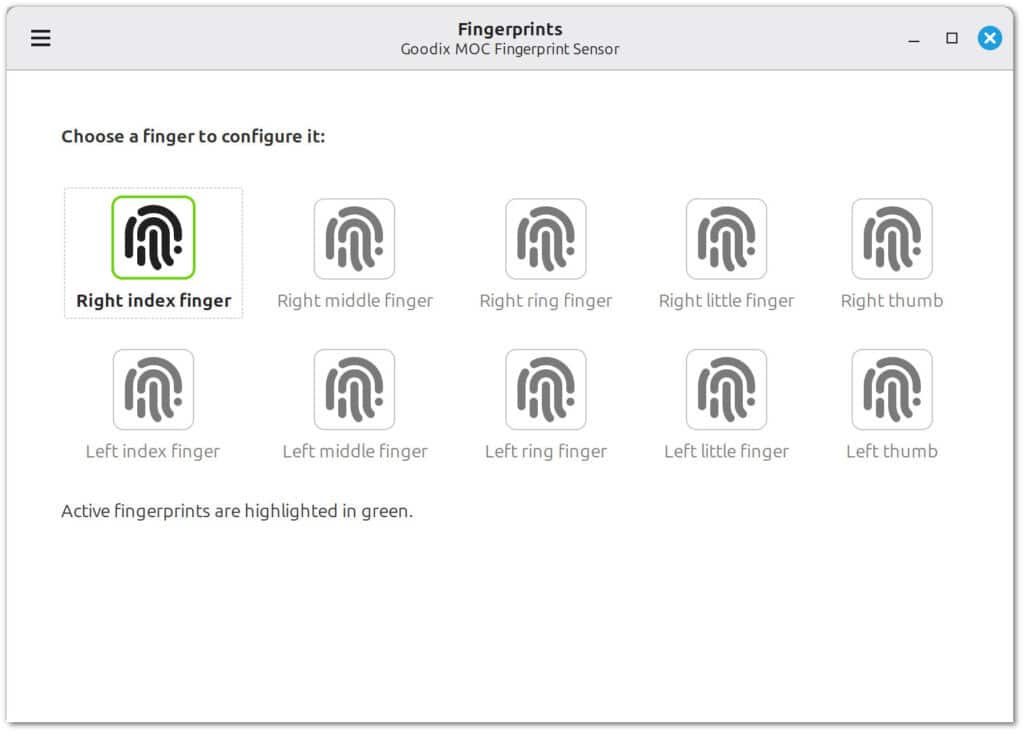Linux Mint has released its regular monthly newsletter; this time, the main highlight is related to EOLing. Yes, five years have flown by, and Mint versions 20.x (20, 20.1, 20.2, and 20.3) have officially reached End of Life.
This means they’ll no longer receive security updates from official repositories. Users on these versions have two main pathways to stay current:
- Upgrade Path: Users who prefer not to start fresh can upgrade incrementally. First, minor updates to Mint 20.3 are straightforward. However, the major upgrade from 20.3 to 21 involves multiple steps and more complexity. But no need to stress—just follow our guide, and you’ll be all set.
- Fresh Installation (Recommended): The simplest and cleanest solution is to install Linux Mint 22.1, which is supported until 2029.
Moreover, the upcoming Linux Mint 22.2 will introduce Fingwit, a new fingerprint configuration tool for easy yet secure fingerprint authentication, which offers:
- Applies authentication to login screens, screensavers, sudo commands, and administrative applications.
- Detects the presence of fingerprint hardware.
- Records fingerprints for seamless system authentication.

A big advantage of the app is that, unlike traditional fingerprint solutions, Fingwit smartly switches between fingerprint and password authentication to smoothly handle scenarios like encrypted home directories and avoid potential session crashes.
On the aesthetics front, as we informed you last month, Linux Mint 22.2 is expected to significantly improve theming support for libAdwaita-based applications by introducing libAdapta, a fork of libAdwaita with enhanced theme support.
This new library offers a familiar look and behavior but follows the desktop theme preferences, ensuring visual consistency across applications. It also includes a compatibility header, enabling developers to transition between libAdwaita and libAdapta without altering code seamlessly.
Last but not least, it’s worth noting that, according to the dev team, Linux Mint’s collaboration with hardware manufacturer Framework is yielding exciting outcomes. Testing Framework’s Laptop 13 and gaming desktop have already led to several improvements, such as power profile implementation and enhanced fingerprint authentication.
For more information, see the announcement on Mint’s blog.
Image credits: Linux Mint
